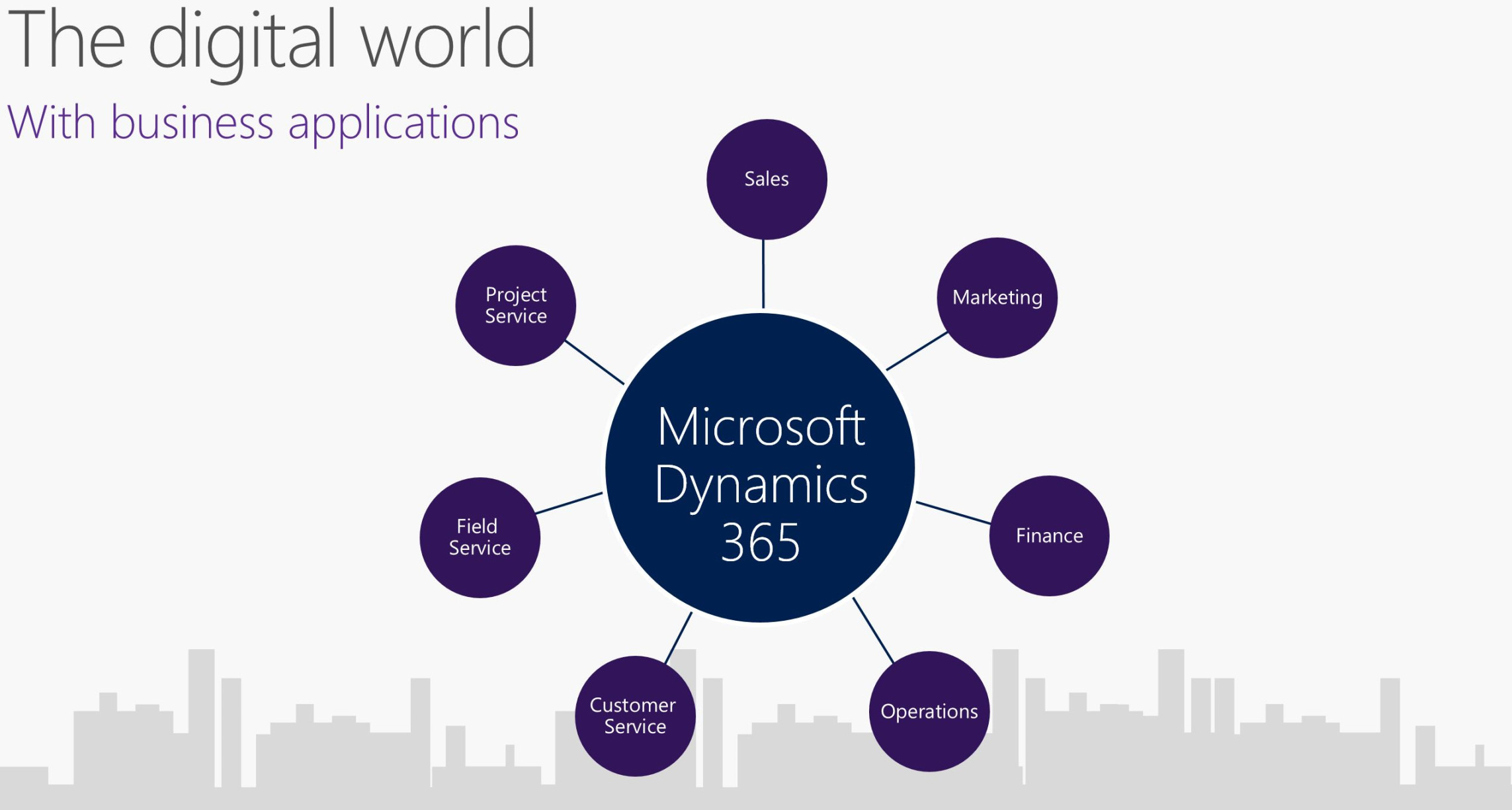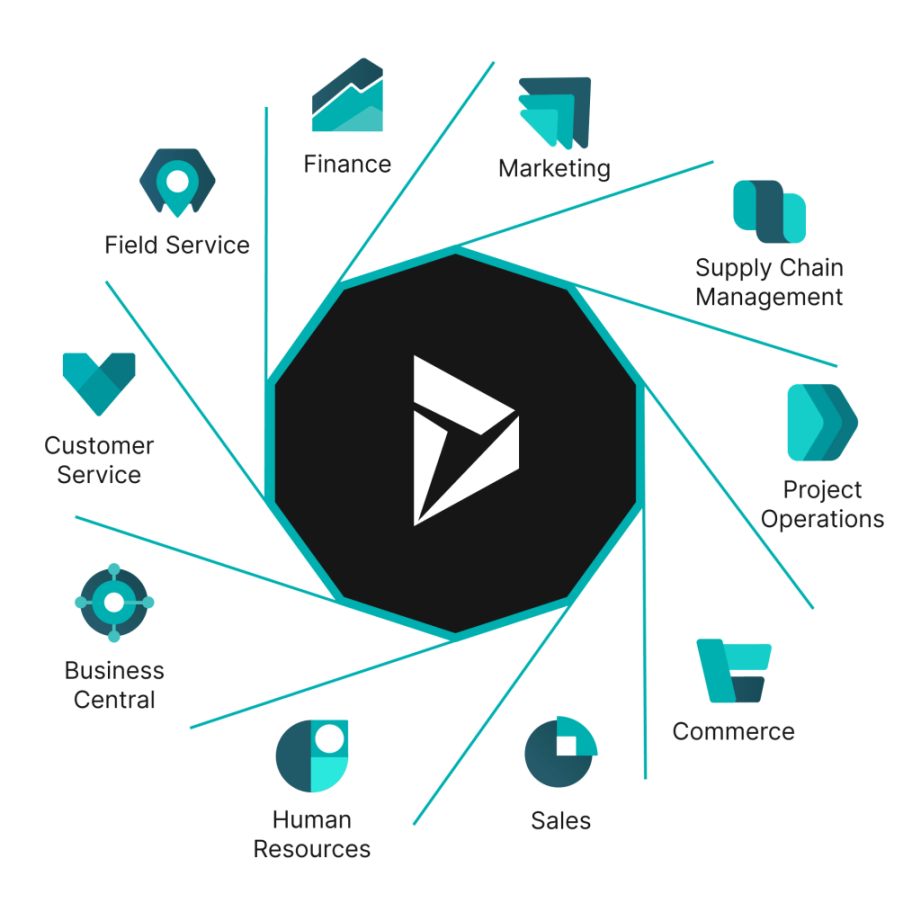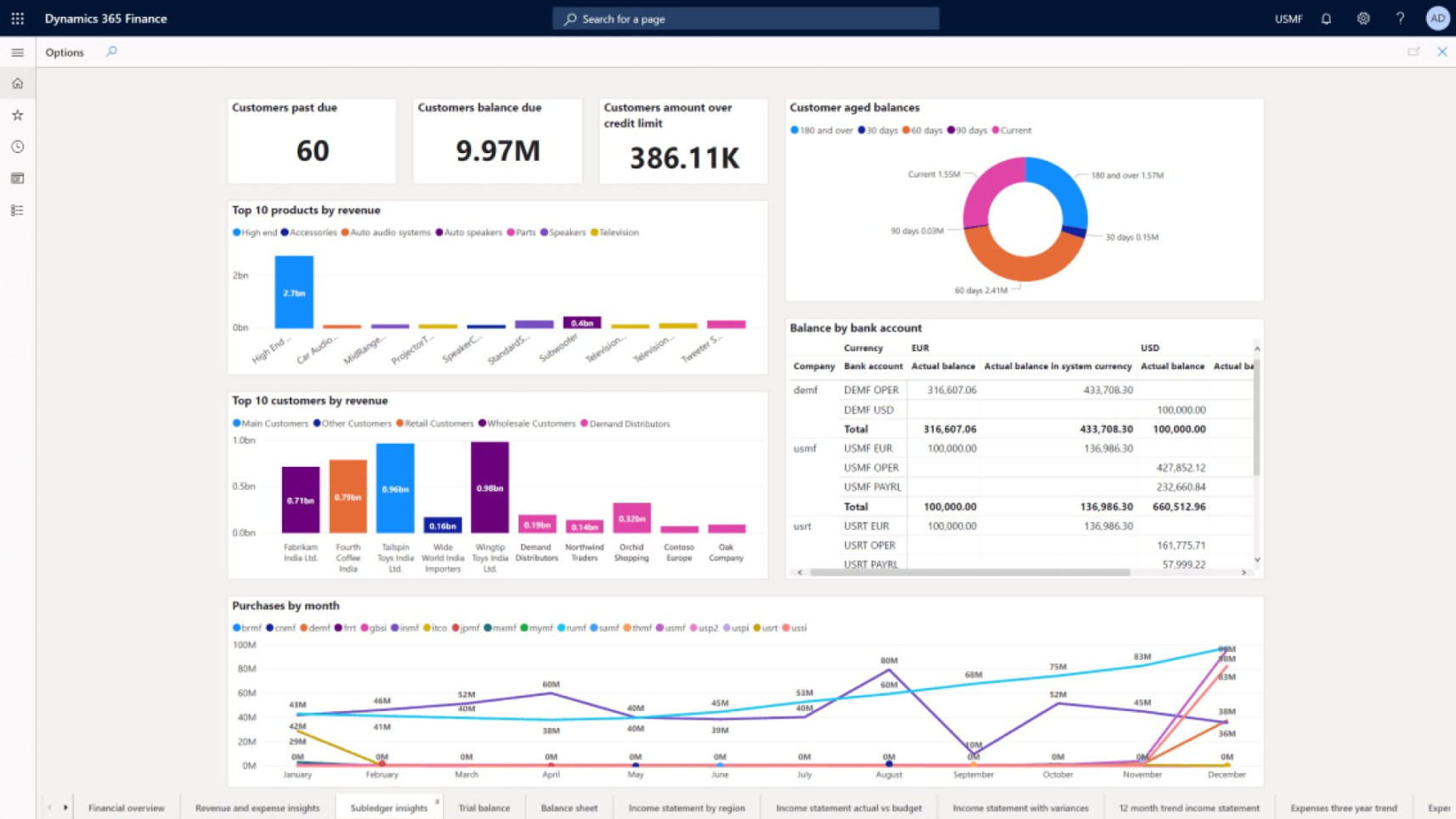In today’s competitive business landscape, streamlining operations and optimizing resource allocation are paramount for success. This is where Enterprise Resource Planning (ERP) systems come into play. Microsoft 365, a widely recognized suite of productivity tools, offers a robust ERP solution under the umbrella of Dynamics 365. Let’s delve deeper into Microsoft 365 ERP, exploring its functionalities, benefits, and how it can empower your organization.
What is Microsoft 365 ERP?

Microsoft 365 ERP, also known as Dynamics 365 Business Central, is a cloud-based ERP system designed to cater to the needs of small and mid-sized businesses (SMBs). It integrates seamlessly with other Microsoft 365 applications like Excel and Power BI, providing a familiar and user-friendly interface.
Core Functionalities of Microsoft 365 ERP

Microsoft 365 ERP offers a comprehensive suite of functionalities encompassing various aspects of business operations. Here’s a closer look at some key features:
- Financials Management: Streamline financial processes like accounting, invoicing, cash flow management, and budgeting. Gain real-time insights into your financial health with comprehensive reports and dashboards.

- Inventory Management: Effectively manage inventory levels, track stock movements, and optimize purchasing decisions. Minimize stockouts and ensure timely fulfillment of customer orders.
- Supply Chain Management: Enhance supply chain visibility by managing relationships with vendors and suppliers. Automate procurement processes and optimize delivery schedules.
- Customer Relationship Management (CRM): Build stronger customer relationships by managing interactions, sales pipelines, and service requests. Gain valuable customer insights to personalize marketing efforts and enhance customer satisfaction.
- Project Management: Efficiently manage projects from inception to completion. Allocate resources effectively, track progress, and collaborate seamlessly with team members.
- Business Intelligence (BI): Leverage powerful BI tools to transform data into actionable insights. Generate comprehensive reports and dashboards to identify trends, make data-driven decisions, and improve overall business performance.
Benefits of Using Microsoft 365 ERP
Implementing Microsoft 365 ERP can bring a multitude of benefits to your organization. Here are some of the most significant advantages:
- Improved Efficiency and Productivity: Automate manual tasks and streamline workflows across different departments. This reduces operational costs and frees up valuable resources to focus on strategic initiatives.
- Enhanced Visibility and Control: Gain a centralized view of your entire business operation, from financials to inventory and customer interactions. This improves decision-making and allows for proactive problem-solving.
- Scalability and Flexibility: Microsoft 365 ERP is a cloud-based solution, offering scalability to accommodate your growing business needs. You only pay for the features you use, making it a cost-effective option for SMBs.
- Integration with Existing Systems: Seamless integration with Microsoft 365 applications and other business tools eliminates the need for data silos and ensures consistent information across the organization.
- Improved Collaboration: Foster better collaboration between teams and departments with a unified platform for communication and data sharing. This leads to a more agile and responsive organization.
These are just a few of the many benefits that Microsoft 365 ERP can deliver. Stay tuned for the next section where we’ll explore some of the key considerations for implementing a Microsoft 365 ERP system in your organization.